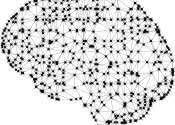Scientists create computer simulation based on digital microbes
Researchers at University of Galway associated with APC Microbiome Ireland have created a resource of over 7,000 digital microbes—enabling computer simulations of how drug treatments work and how patients may respond.






